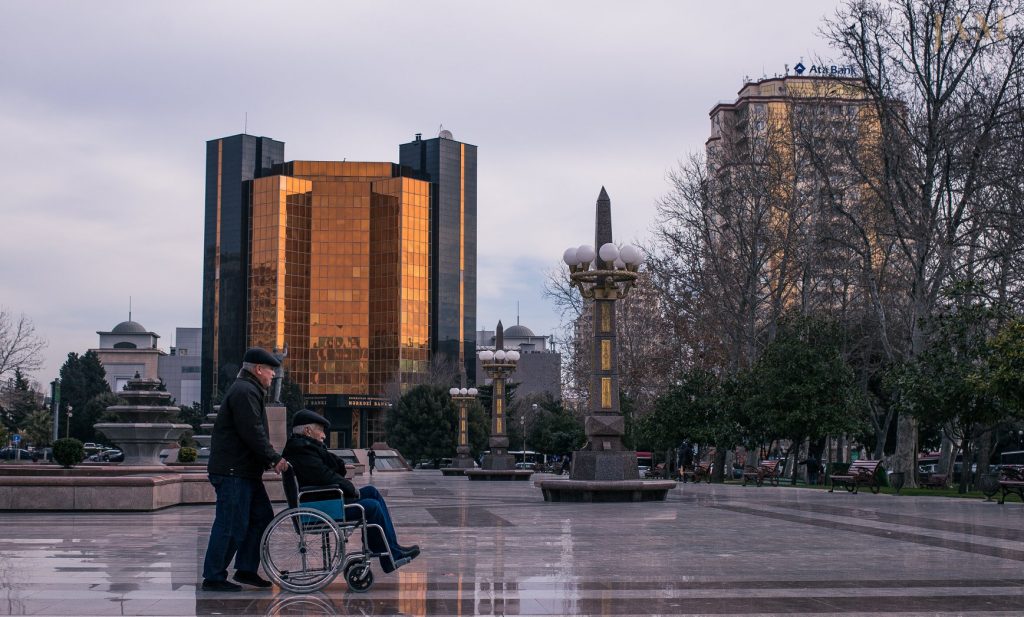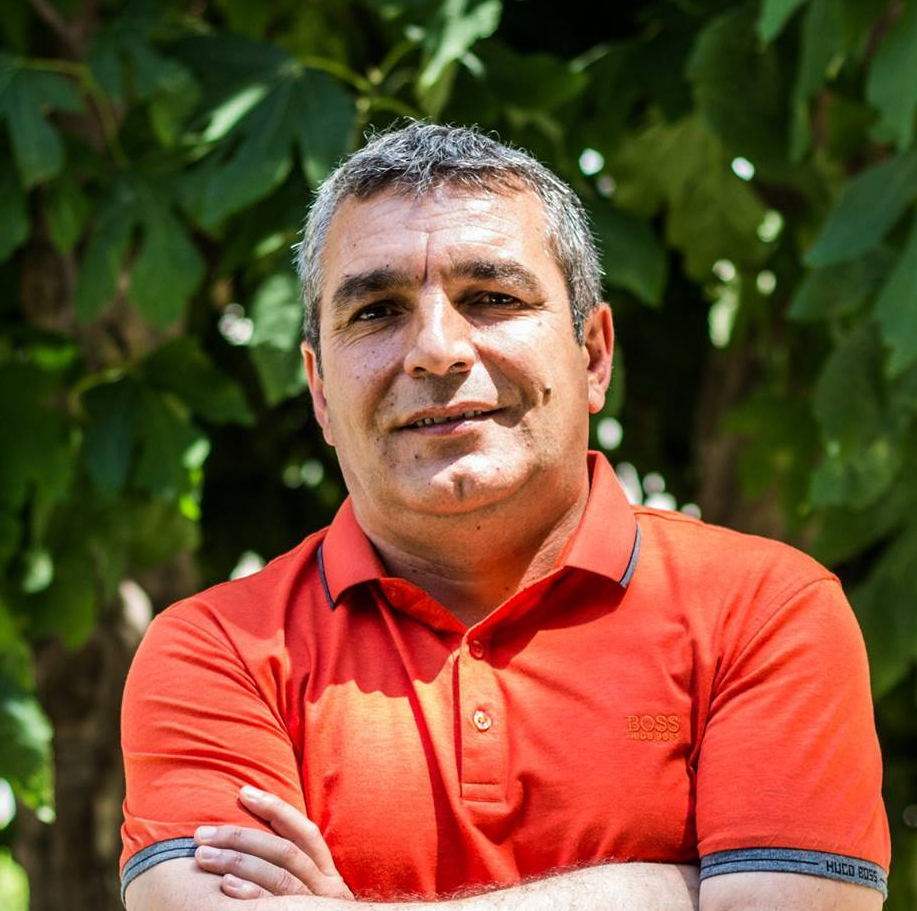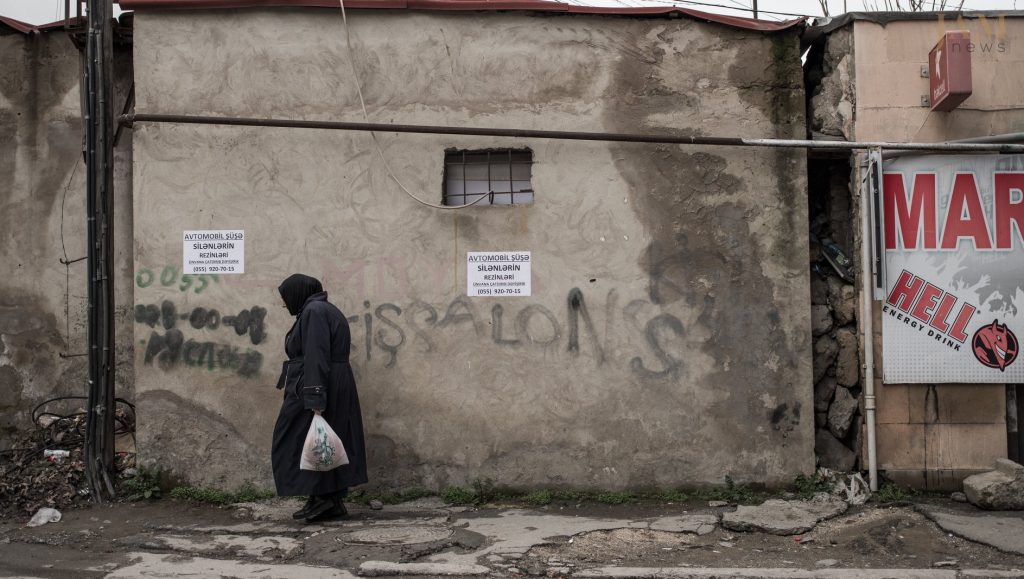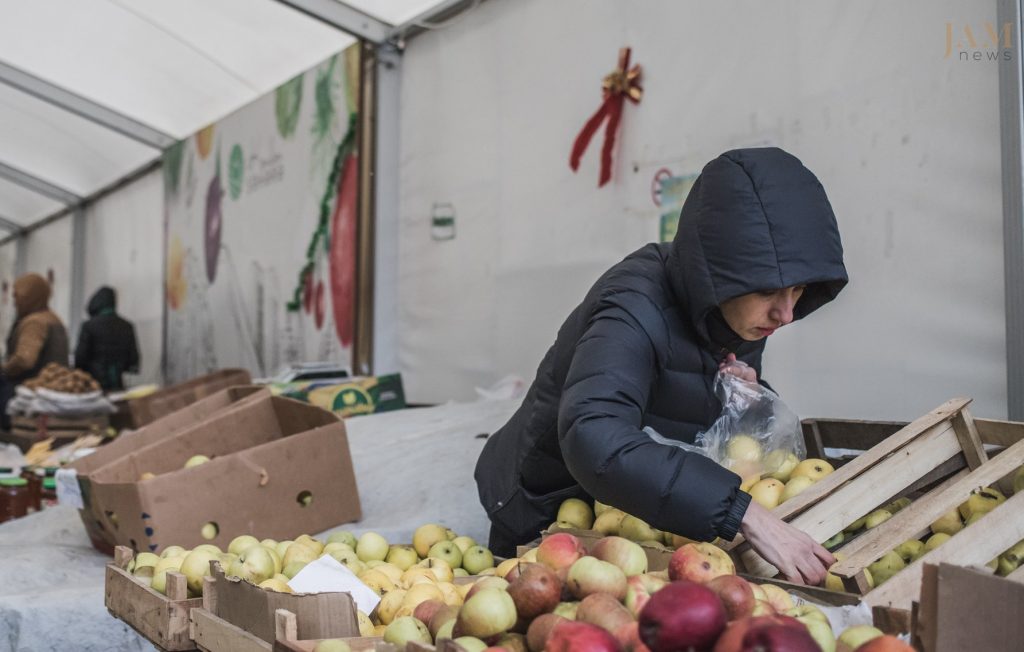Oil and coronavirus – the troubles of the Azerbaijani economy
The coronavirus pandemic has placed the Azerbaijani economy under two strains simultaneously – falling oil prices and the tough quarantine measures introduced by the government. The authorities have announced a programme to support the population and the economy, but experts believe that more drastic measures are needed.
Oil war
2020 began for the Azerbaijani economy with a more than twofold drop in the price of Azerbaijani oil (on January 7, the price of local Azeri Light oil was $71.2, and right before March 21 it had sunk to $26.01) and continued with the introduction of a quarantine regime in the country due to the COVID-19 epidemic.

As has happened before with a decrease in global oil prices, OPEC+, which includes OPEC and a group of oil producing countries led by Russia, including Azerbaijan, tried to come to an agreement to reduce production in order to reduce supply and thereby increase the price, but Russia refused until only very recently.
Saudi Arabia announced an increase in production and, in addition, a discount on oil sales to drive Russia out of the market. Between Russia and Saudi Arabia, a price war broke out. As a result, oil prices began to fall even faster.
Azerbaijan’s oil dependence problem
Azerbaijan has already once faced a fall in oil prices in 2014-2015. And then the Central Bank of the country had to allow the devaluation of the manat, as a result of which the national currency fell by more than half. The average oil price, reaching $120 in 2013, fell to $30-40 at the end of 2015. Now the jump in oil prices has taken place even faster. Did Azerbaijan learn any lessons from the crisis of 2015?
Over the years, the Azerbaijani economy has significantly reduced its dependence on oil prices, said the presidential aide, head of the economic affairs department, Shahmar Movsumov (in 2015, he served as the executive director of the State Oil Fund). But is that so?
The State Oil Fund and taxes paid by oil companies contribute the most to the state budget of Azerbaijan.
According to the State Customs Committee, at the end of 2019, oil amounted to 75.45 percent of exports. In 2015, the share of oil was more than 85 percent.
But since the decrease in the share of oil was achieved by increasing the supply of natural gas, the prices of which also fell, it can be said that Azerbaijan’s dependence on oil and gas has remained.
Azerbaijan also exports agricultural products – mainly tomatoes and hazelnuts. However, in 2019, the share of fruits and vegetables in total exports was only 3.09 percent.
In March, when oil began to fall, queues lined up at ATMs and at exchange offices – remembering the previous devaluations, people wanted to buy currency, fearing a new drop in manat.
In early April, the price began to rise again amid news of a possible new agreement between Russia and OPEC +. On April 8, the price of a barrel of Azerbaijani oil rose to $ 24.

However, this fact does not greatly facilitate the situation, economist Togrul Veliyev believes:
“No matter how much oil costs now, $23 or $30, the budget in any case is calculated from the price of $55. It needs to rise to at least 40-45.”
On April 12, the OPEC+ countries agreed to reduce production by 9.7 million barrels per day, which should ensure higher prices.

“The agreement will enter into force in May, and so in April, countries will produce even more oil, because they do not want to lose their market shares. But the fact is that prices also began to fall due to lower fuel consumption due to quarantine. And until the countries begin to ‘open up,’ we will observe around the world a decline in production, an increase in unemployment and, as a result, oil prices will not rise even to at least $40. According to the most optimistic estimates – $35, no more,” said economist Natig Jafarli.
The Coronavirus effect
Along with the fall in oil prices, the coronavirus epidemic has also hit other sectors of the country’s economy, ending flights, closing tourist facilities and restaurants.
“The fall in oil prices on the world market is very strongly affecting the economy of Azerbaijan, and in connection with quarantine due to coronavirus we can observe problems in many other sectors of the economy: tourism, logistics, etc. This has resulted mass unemployment,” says Natig Jafarli.
He predicts that “there will be problems in the currency reserves of Azerbaijan, in the flow of currency into the country, and from April we will see an increase in the rate of decline in GDP.”
Economist Togrul Veliyev believes that in addition to dependence on cheaper oil, the danger to the economy is Azerbaijan’s dependence on imported products, which are paid in foreign currency and may soon be lacking:
“Our foreign exchange reserves are being spent to maintain the economy. Since there are no other forms of investment in Azerbaijan, and due to the high risk, people invest more in foreign currency. At the same time, it affects other sectors of the economy, as many areas directly or indirectly depend on oil.”
At the beginning of April, the number of infected people had already exceeded 600. Seven people had died. The government is in no hurry to declare a state of emergency, but at the end of March it was decided to close most commercial facilities, organizations and enterprises. The borders were closed. Fines were imposed for violating the quarantine regime, including for appearing on the street ‘without special need’.
To go out, you need to have a certificate from your place of work (if this workplace has not closed) or send the police an SMS, indicating in it the ID number and the purpose of your exit from the home.
These measures, designed to prevent the spread of infection, have hit the country’s economy and ordinary citizens even harder.

Veli. 27 years:
“The cafe where I worked was closed, and I can no longer pay rent for housing and utilities. I had to move out of the apartment in the center and move to my parents in a suburban village.”
Naila. 23 years:
“I received a salary for March from the company in whose office I work, and went on vacation. I don’t even know if they will pay me in April. My Mother worked on commission and has now been left without a job. While we have some money saved, we do not know at all what will happen next. The situation is even worse for our relatives. They have a large family and all at once lost their jobs.”
Fidan. 23 years
“I’m a freelance designer and my salary has been delayed since February. And I need to pay taxes for three months. My parents help me, otherwise I would not have survived.”
How will the state help
In early April, the government finally published a stimulus plan to overcome the crisis of one billion manat [about $600 million].
According to the plan, financial support will be provided to 300 thousand small and medium-sized entrepreneurs. Part of the allocated money – 215 million manat, will go to the owners of closed firms and enterprises for a two-month payment of 100 percent of official wages to employees if it does not exceed 712 manat [about $420]
According to the plan, part of the interest on loans to enterprises will be paid, new loans will be issued on favorable terms.
The plan also provides for:
- Almost 200,000 unemployed will be paid 190 manat each in two months [about $112].
- Poor students will have their tuition paid at universities.
- The limit for using electricity at reduced prices will increase by 100 kilowatt-hours per month (in Azerbaijan, consumption up to 300 kilowatt-hours per month was paid at 0.07 manat, and more at 0.11).
Will these measures help people mitigate the effects of the crisis? Experts believe that they will do so only partially. The main problem is that people who work informally and at the same time are not registered as unemployed will not receive anything.

“Currently, the majority of day laborers in temporarily closed sectors are left without a livelihood. Only a small part of them, as unemployed or students, will receive some help, since most do not work officially, and many of those who are registered receive a much smaller amount ‘on paper’ than they actually do. For some reason, the state was not concerned about their situation,” Togrul Veliyev explains.
According to him, some measures are completely incomprehensible:
“For example, the biggest problem for the population is the limits on the consumption of natural gas, not electricity. But even in this case, according to the Ministry of Economy itself, only 20 percent of subscribers consumed electricity in excess of the limit. Why help the wealthiest save four pennies?”
What can be done?
The government can help citizens and businesses in at least two areas, says economist Natig Jafarli:
“The first is the payment by the state of utility bills of citizens, freezing interest on loans. The second is assistance to small and medium businesses, in the form of a three-month tax exemption, and long-term loans at low rates in the post-viral period.”
The economist Togrul Veliyev agrees with him, also believing that the most vulnerable sectors of the population who have lost their jobs can be helped by direct payments from the budget:
“In general, one or two billion manat will be needed [about $590 million – 1.2 billion] And it is possible to ensure this at the expense of the state budget, since a significant part of the budget, up to four billion manat [about $2.3 billion], is investment costs, and at most parts were to be expenses for the construction of buildings, roads.”
At the same time, the economist says that a quick way out of the crisis is not expected, and the country will have to work to restore the economy for a long time, since incomes will not return right away:
“It is not clear when the current crisis will end. At its best, in May, and the normalization will begin in June. The most pessimistic forecasts speak of six months. Oil prices will remain low until the end of the year, and in the coming months, Azerbaijan will live with low oil revenues.
To fulfill government obligations, more currency will be needed, which will strain the economy. If the tourist turnover does not recover, accordingly, this will affect the catering, and trade will not recover in the next three to four months. “


















